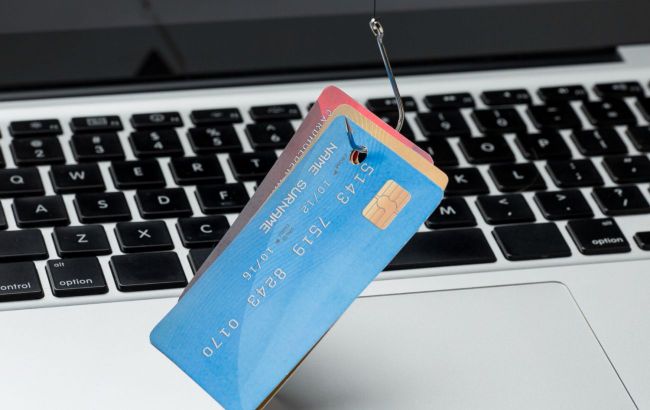6 red flags while traveling: Stay alert
 How tourists can avoid falling victim to scams (photo: Freepik.com)
How tourists can avoid falling victim to scams (photo: Freepik.com)
Traveling is a great way to take a break from daily responsibilities and have fun while exploring new places. However, those who decide to go on a long-awaited vacation often become victims of well-planned scams. Here are the red flags from Huffpost that signal tourists are being targeted by scammers.
The offer seems too good to be true
One of the main indicators of fraud is when an offer looks too good to be true. Scammers often lure tourists with low-price offers that are unrealistic and unverifiable.
This applies both to online ads and real-life situations, for example, when you're invited to take a trip at a low cost, but it may involve dealing with unreliable drivers or services. These situations require caution, because even offers that seem very attractive may hide danger.
Suspicious payment methods
If scammers ask you to pay for a trip using prepaid cards, cryptocurrency, or peer-to-peer money transfer apps, it should raise concerns. For normal travel bookings, there should be no need to use unreliable payment channels.
Always use trusted payment systems and avoid making transactions through unusual methods to prevent potential financial losses.
Suspicious websites
Be alert to suspicious URLs that contain strange characters or grammatical errors. This may be a sign that the site is not official and could lead to the loss of personal data.
If you found an attractive offer through ads on social media or other websites, check whether the site is a legitimate source and if it matches what is being offered to you.
Always verify a website before entering your information, and be cautious if the site contains poor-quality images or an unprofessional design.

Tourists are more vulnerable when traveling, and scammers take advantage of this (photo: Freepik.com)
Communication through unofficial channels
Scammers often reach out to potential victims through unofficial channels such as text messages, emails, or social media. Such offers should not be accepted without verification.
Always contact official websites or phone numbers of the companies you plan to work with, and do not agree to move communication to outside platforms.
If someone offers you a rental apartment or a tour through a platform, be careful if they ask you to switch to another platform to continue the conversation.
Rushed deal-making
If a seller or agent starts pressuring you to make a quick decision, it may be a red flag. Scammers often use urgent purchase tactics to make people rush into a purchase without proper checks. Legitimate companies should not push for immediate decisions, especially in large transactions like booking tours or hotels.
Remember, you always have the right to take your time to think and research offers before agreeing to a purchase.
Pressure to share personal data
Be careful if you are asked to share personal financial or other data through unofficial channels such as unknown phone calls or emails. Always verify the legitimacy of the request before providing any information.
Scammers can use this data to steal personal information or money. That’s why it is important not to give out your details until you are confident in the reliability of the offer or company.
Earlier, we explained how to get free bonuses in hotels, airlines, and restaurants.

